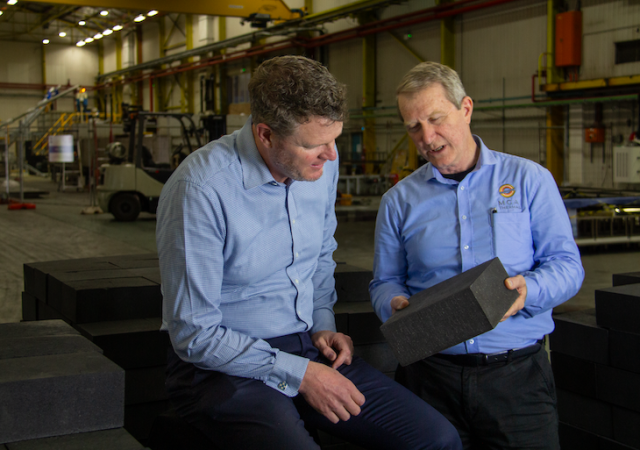Journalism focused ventures are always fraught with tough times. In addition to being a highly competitive space dominated by two main players in Australia – that is, News Corp and Fairfax – reaching the tipping point where advertising and sponsorship dollars can become a meaningful support system is tough, especially when you are launching a media platform from scratch.
The Typewriter, founded by UNSW student Benjamin Cheung in 2013, is a global ‘citizen journalism’ platform, which aims to give its readers opinionated content written from a local perspective from individuals on the ground.
“What we are trying to do is make sure that whoever submits articles and whatever articles we produce will not be misrepresented,” says Cheung. “We want to change the conversation so that people from overseas won’t be reading something about Australia from say, the Chinese news. If a Chinese person wants to read about Australian news, they will just need to read what an Australian is going to say about Australia.”
The platform allows anyone from anywhere in the world to submit an article. However, The Typewriter also has a core writing team of global volunteers and editors for its continual content creation – at last count that was 200 volunteer writers globally. It produces around 15 news stories a day and between 2 and 3 opinion pieces. Majority of The Typewriter users are between the ages of 18 and 30 and comprise mostly of young professionals and students. Cheung claims to have a readership of 200,000 unique browsers per month and produces approximately 800,000 page views from those monthly readers.
In addition to the site being written in English, there are also Chinese, German and French versions of the platform. Each site has a managing editor; and all articles are cross translated into the other applicable languages, meaning that an Australian writing about a local topic or issue will also have their article translated and published on the other versions of the platform in those applicable languages.
At this point, The Typewriter is largely a student-driven platform, with Cheung and many of those working beside him all currently studying at university. This would perhaps explain why the writers would be willing to volunteer at this point, as students would be wanting to build up a portfolio of published work especially those studying within the journalism stream that wish to eventually end up in the industry. Others probably like the fact that their opinions are able to reach a global growing audience of 200,000+ people.
“I made it a founding principle that the initiative to speak up should be on the writer,” says Cheung. “I don’t force users of the platform to write, but rather hope that when they feel like there’s injustice or misrepresentation around a particular issue or something ought to be heard, they will voice this opinion in a written piece and we will just edit it.”
The long term vision for the startup is for it to be run as a social enterprise. Cheung believes that running a purely for profit media organisation eventually leads down a slippery slope where commercial interest takes over and the publication will just end up being like everyone else. Cheung has also been looking at seeking funding for the venture, enough to bring on 10 to 15 full time editorial staff to create the daily content in addition to the growing force of volunteer writers.
While it would be possible for a publication focused on social issues like The Typewriter to receive funding from a firm such as the Impact Investment fund, which is actively looking at potential media companies to invest in, I personally think that the overall business model of this publication needs a little bit of tweaking. The current revenue stream is advertising by using the Google platform. That will not be enough to create a sustainable operation whether it is a social enterprise or not; and even if the startup was able to get some social venture funding, it would still have to prove how it was going to turn a profit so that those investors would get their money back – socially focused investing is not charity, after all.
Other revenue ideas that have been discussed within the core team include partnering with universities to encourage international students to enrol in courses like MBAs, which actually could prove to be a very profitable model especially if they can negotiate a clip-of-the-ticket model with various educational institutions. However, nothing is a concrete plan at the moment. Cheung told Startup Daily the major focus for the company is building the platform and growing its user base and there is still some time before he would need to finalise these types of decisions.




















Trending
Daily startup news and insights, delivered to your inbox.